|
Circa 1998 From the ancient Egyptians' irrigation systems to modern suburban grassy lawns, gardens offer a historical timeline of cultures throughout the world spanning many centuries. The earliest written evidence of gardening is found in Egyptian tomb paintings from 2000 B.C. These pictures showed threes planted in straight rows along irrigation canals that fed small enclosed pools. Walled gardens existed throughout the Nile delta fed by canals that were joined to an irrigation system that encouraged farming. The ancient Persians of 1000 B.C are credited with the thought that the garden is the model of heaven. Their private paradises ( the word paradise comes from the Persian word pairidaeza meaning garden ) contained flowers, lush fruit trees, running water, and cool shade. It was during this time that King Nebuchadnezzar II built the Hanging Gardens of Babylon for his wife, Amytis. The gardens covered three acres of above ground terraces in downtown Babylon. Hollow pillars filled with soil supported tall trees, and water from the Euphrates was brought in by a sophisticated hydraulic system. This spectacular garden was named one of the Seven Wonders of the World. California outdoor living has its roots in the Roman Empire. The Romans built their villas on the hills and spent much of life in outdoor rooms. As accomplished engineers, the Romans created intricate water systems: fountains, cascades, aqueducts, spas, and heated swimming pools. They collected exotic plantings from the countries they conquered. Roses, lilies, herbs, grapes for wine, olives, and fruit trees were common in the Roman countryside. The Romans were the first to trim hedges into fanciful shapes. Topiary is a Roman invention: in Latin the word topiarius means gardener. On the other side of the world, the garden became a religious and mythical symbol. The Chinese landscape, with lush diversity of vegetation and its inspiring mountains and chasms, encouraged a more irregular, naturalistic style. Chinese gardening dates back to about 2000 B.C. and Emperor Wu's desire to recreate the mythical Chinese eden, in the North China Sea. Chinese gardens contained landscape elements valued as much for their symbolic meaning as for their beauty. Under Kublai Khan the Chinese landscape gained its greatest triumphs. When Marco Polo returned to Italy from China around 1300, he raved about the park-like settings with trees and meadows but Europeans still remained inside walls. n 607 A.D. the first Japanese envoys arrived in China and discovered the lavish gardens. The Japanese refined Chinese concepts paying more attention to size and scale. They created landscapes of moss, raked sand, and boulders. Some of these rocks were so valued they they were traded like stock and, sometimes, fought over. Have fun mixing different elements and discovering your own garden masterpiece.
0 Comments
Leave a Reply. |
AuthorsCurrent and former staff members have contributed to our newsletter over the years. Now the articles are available to view here on our blog Categories
All
|
© 2024 Ski Landscape Corporation - Website by Day Design

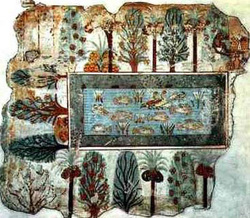
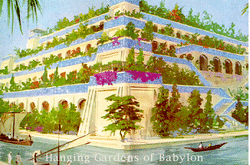
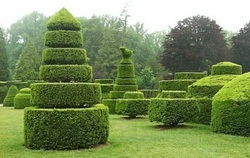
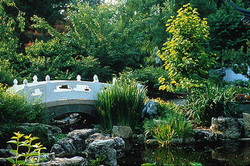
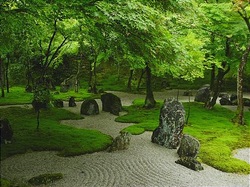
 RSS Feed
RSS Feed